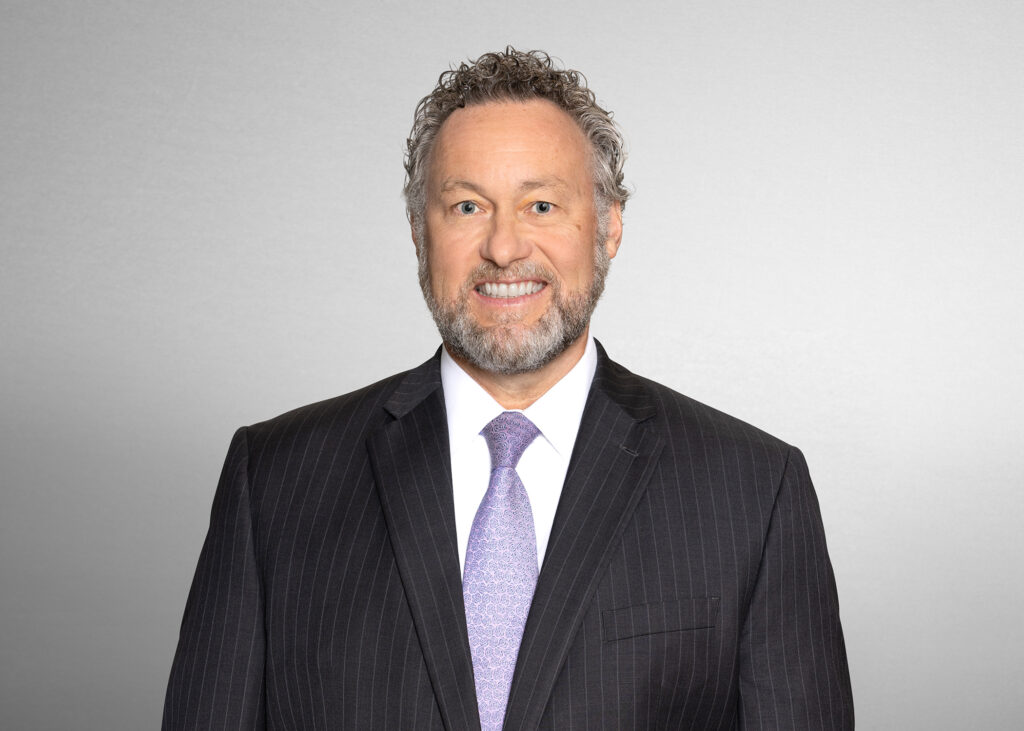The legal profession is built on advocacy and argument, so naturally, civility may seem like a quaint idea when the stakes are so high. But let me assure you – civility is not weakness. It is strength under control. It is professionalism in action.
As a Gulfport attorney with three decades of courtroom and negotiation experience, I’ve experienced firsthand how professionalism shapes outcomes and defines reputations. As I shared with our Associates, putting civility and professionalism into practice can be valuable tools in a demanding profession.
Start Off on the Right Foot
We’ve heard it many times – first impressions count. When you greet opposing counsel with a firm handshake, a smile, or even small talk unrelated to the case, you set the tone for your working relationship. Don’t be afraid to break the ice. Laughter and courtesy can de-escalate tense moments.
If you’re met with rudeness, resist the urge to retaliate. You can disagree without being disagreeable, and a measured demeanor will be beneficial in standing out when appearing before a judge.
Cooperate Where You Can
Courts expect attorneys to work together in resolving issues efficiently. Rule 1 of the Federal Rules of Civil Procedure reminds us that civil actions should be achieved in a “just, speedy, and inexpensive” manner.
Begin with a cooperative tone, especially during discovery. Building rapport with opposing counsel can result in smoother negotiations and more efficient case management. Cooperation can put you in the role of the problem-solver, which judges appreciate.
Even when litigation is contentious, we can find moments of collaboration, such as scheduling accommodations or reasonable extensions, that build professional trust and credibility.
Stay Calm, Even When Others Don’t
If opposing counsel shouts or obstructs, it’s our job to remain composed. We check our ego and emotional reactions at the courtroom door. Take a breath and think before replying. If it’s an email, consider if it deserves a response, and if it does, keep it brief and professional.
We do not need to be dragged down by someone else’s misconduct. Don’t let their problem become your problem. In one deposition when opposing counsel was openly hostile, I didn’t fire back. I stayed calm and let the record speak for itself. Days later, the judge commented on my professionalism. Civility is important and memorable.
Make a Record, Not a Scene
Unfortunately, there are times when unprofessional conduct crosses a line. If misbehavior interferes with discovery or case strategy, document it. Retain correspondence and note any emerging patterns. This will help you raise the issue with the court or a mediator if necessary.
Knowing your procedural rules and preparing accordingly is key if you anticipate issues. Protect your client and your integrity.
Reflect Before You React
Self-reflection is a valuable aspect to self-growth. It’s worth asking yourself: Did I contribute to the tension? Could I have handled something better? If so, apologizing will go a long way to maintaining civility.
Even experienced attorneys get it wrong sometimes. Owning up to my mistakes quickly has almost always improved the relationship, and often, the outcome.
Address It Early
If conflict persists, do not let it fester. Candid conversations – perhaps even with a neutral colleague as a go-between – can help clear the air and get things back on track. Take ownership of the professional relationship, even when it’s strained.
Keep the Big Picture in View
Above all, your objective is to serve your client and to uphold the law. We should not be distracted from that mission. It’s not about me as a lawyer. It is about the case, the client, and the result. Reminding myself of that helps me avoid the trap of personalizing conflict.
Final Thoughts
Civility is a signal of confidence and competence, not a sign of surrender. As a Gulfport attorney, I believe our profession is elevated when we lead with character in the face of conflict. How you treat others, especially under pressure, will define your legacy much more than any verdict.
Editor’s Note: Donald Moore, a Director in Galloway’s Gulfport office, was recognized by the Mississippi Workers’ Compensation Educational Association with the Kenneth G. Perry Professionalism Award in 2024. He originally presented these insights to Associates during Galloway’s monthly Lunch and Learn professional development.

